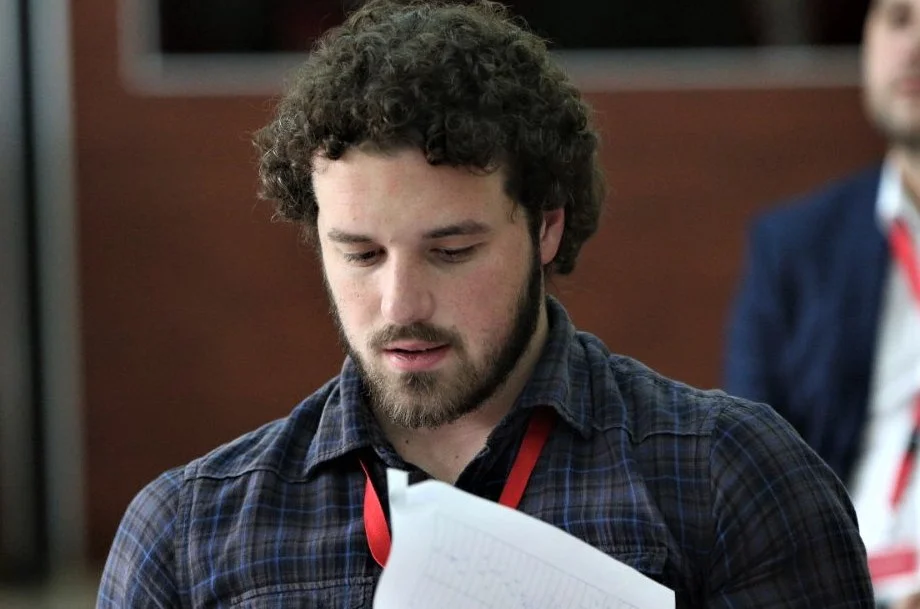Written by: Stefan Todorović
Watching the recent events surrounding the July 13th celebrations, from state awards to various ceremonies, one can’t help but wonder: among Montenegrin citizens, especially public, cultural, and political figures, is it ignorance or sheer audacity that dominates?
If it took the awarding of the 13th July prize to Bećir Vuković and Veljo Stanišić for some to finally realize that Mandić and the ruling clique – the Democrats and PES – are working to dismantle the foundations of the state, then that’s like being shocked when a wolf slaughters the flock you willingly let it among. The wolf is simply doing what comes naturally, just as the followers of the White Guard Chetnik ideology are doing to Montenegro exactly what that ideology prescribes: turning the country into a Serbian Orthodox province, stripped of all statehood.
That’s why the problem in 2020 wasn’t the fall of the DPS, it was the fact that power was handed over to the Serbian Orthodox Church: the ideological core of the White Guard Chetnik current in Montenegro. This was accomplished through its proxies, dressed up as so-called experts and young economic technocrats, Spajić and Milatović, who were sold as agents of long-awaited change. Yet to any free-thinking Montenegrin, it was clear then, as it is now, that anyone coming to power riding the coattails of the Church of Serbia could never deliver the kind of transformation people hoped for. What we are witnessing today is the change they promised, playing out in broad daylight.
This leads to a pressing question: were those who enabled Mandić’s rise simply naïve at the time, or are they just shameless now, as they feign shock at his actions and those of today’s institutions?
A telling example is a recent statement by former MP Božena Jelušić, whose party helped pave the way for the White Guard Chetnik revival in Montenegro. Today, Jelušić claims that the silence of cultural institutions in response to this year’s July 13th awards is tantamount to complicity. But one must ask: how did citizen Jelušić fail to recognize the complicity of MP Jelušić, who played her part in ushering covert and counterfeit “pro-Europeans” into power? How did she not stop herself from enabling so many of the very forces she now condemns?
Just consider two examples: her vote for the infamous Vesna Bratić and her support for the so-called Fundamental Agreement, both clear acts of complicity in the dismantling of Montenegrin statehood.
Jelušić goes on to say that the consequences of the current government’s decisions may not necessarily be negative; on the contrary, she claims, the more openly this government reveals its true face, the more likely it is to collapse politically.
So one must ask: how is it that MP Jelušić couldn’t see what citizen Jelušić now sees so clearly? Was it the parliamentary salary and perks that clouded her judgment, or is this a sudden epiphany? Is this truly a case of political awakening, or something else entirely?
Whatever the answer, true integrity demands beginning with an honest reckoning of one’s complicity, before casting judgment on others. As it stands, her words come off as hollow, grating to both the eye and the ear. How can anyone place trust in someone who, just five years ago, had no grasp of who Andrija Mandić or the Church of Serbia were?
To assume the Montenegrin public is that forgetful, that unaware, is an insult. A little self-reflection, a public acknowledgment of one’s role, would be a good start. And not just from citizen Jelušić, but from across the public, media, cultural, and academic spheres that so eagerly whitewashed and downplayed the Church of Serbia’s ideology and its followers. That kind of reckoning is precisely what Montenegro needs if it is to begin healing, and if it hopes to continue the battle against a regressive regime. A battle that will only grow harder and more urgent with time.








Komentari (0)
POŠALJI KOMENTAR